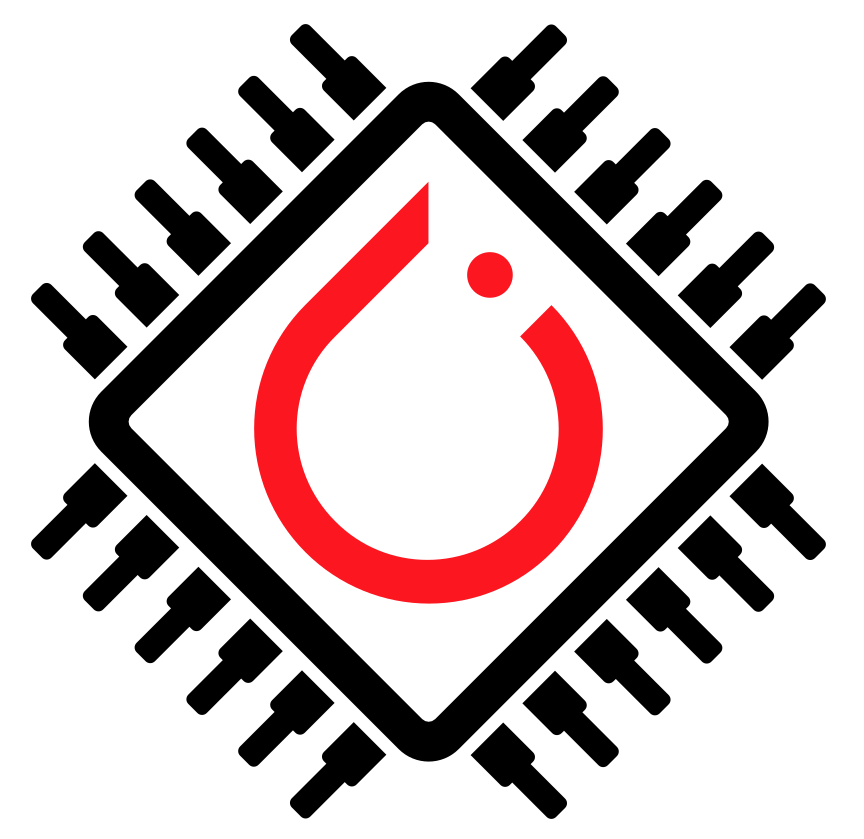Partitioner API#
The EthosUPartitioner controls what parts of a model is delegated to the Arm Ethos-U backend. Below is a reference of the various functions the partitioner provides:
class EthosUPartitioner(compile_spec: executorch.backends.arm.ethosu.compile_spec.EthosUCompileSpec, additional_checks: Optional[Sequence[torch.fx.passes.operator_support.OperatorSupportBase]] = None) -> None
Partitions subgraphs supported by the Arm Ethos-U backend.
Args:
compile_spec: List of CompileSpec objects for Ethos-U backend.
additional_checks: Optional sequence of additional operator support checks.
def EthosUPartitioner.ops_to_not_decompose(self, ep: torch.export.exported_program.ExportedProgram) -> Tuple[List[torch._ops.OpOverload], Optional[Callable[[torch.fx.node.Node], bool]]]:
Return operators and a filter that should not be decomposed.
Provide a base set of ops to preserve as-is and a predicate that keeps certain activations whole when surrounded by quantize/dequantize ops in a quantized graph. This helps downstream TOSA lowering and delegation.
Args:
ep (ExportedProgram): Program used to infer target-specific policy.
Returns:
Tuple[List[torch._ops.OpOverload], Optional[Callable[[torch.fx.Node], bool]]]: A list of op overloads to keep intact, and an optional filter function that returns True when an op should not be decomposed.
def EthosUPartitioner.partition(self, exported_program: torch.export.exported_program.ExportedProgram) -> executorch.exir.backend.partitioner.PartitionResult:
Partition the program and tag TOSA-compatible subgraphs.
Run the FX capability-based partitioner to propose subgraphs, then refine tags by removing boundary-only quantize/dequantize nodes and by rejecting partitions that would lower to no-ops. Emit a detailed report of rejected nodes and their reasons.
Args:
exported_program (ExportedProgram): Program to analyze and partition.
Returns:
PartitionResult: The input program with nodes tagged for delegation and a mapping of partition tags to delegation specs.

